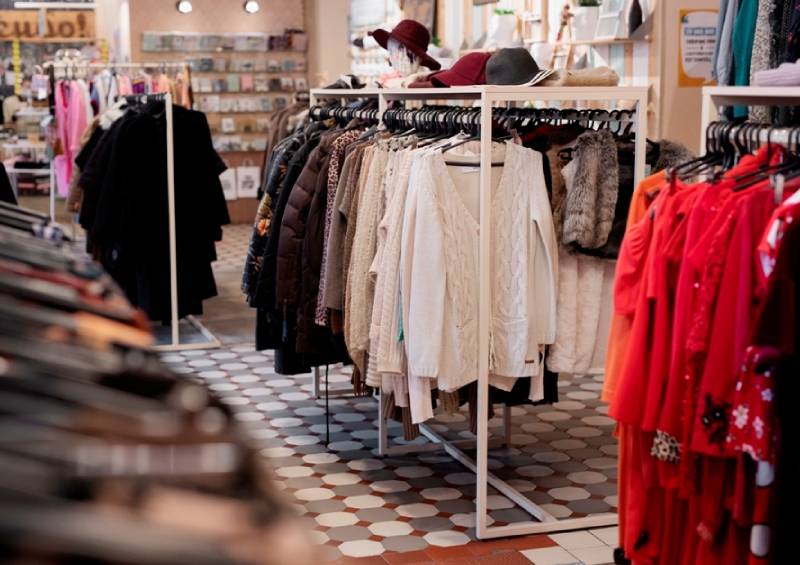FTA With EU To Boost Export Of Filipino Wearables

The Confederation of Wearables Exporters of the Philippines (Conwep) expects exports of garments, textile, footwear and bags to Europe to surge once a free trade agreement (FTA) with the European Union (EU) is signed.
Conwep Executive Director Maritess Jocson-Agoncillo said the sector can reach exports of US $900 to $1000 million in three to four years from European market alone once the EU-Philippines FTA enters into force.
Jocson-Agoncillo said that in first three years of FTA being in place, employment could increase by 100,000 to 200,000 jobs, which currently employs over 260,000 people.
On Monday, European Commission President Ursula von der Leyen confirmed the resumption of the EU-Philippines FTA negotiations during his two-day visit in Manila.
“The surge will be coming from us, simply because we have a limited access at the moment because of the GSP (Generalised Scheme of Preferences) restrictions on the rules of origin,” Jocson-Agoncillo said.
She said that even with the EU GSP+, Philippine-made wearables exported to the EU are still slapped with 12 percent duty due to the rules of origin under the Multifiber Arrangement (MFA) of the World Trade Organisation (WTO).
She added that part of the interest of the Philippines in the FTA negotiations with the EU is the liberalising of the rules of origin for Philippine garments and wearables.
The European market is the country’s third largest export market for Philippine wearables next to the United States and Japan. However, the share of the entire Europe in export revenues is only at 7.5 percent.
Jocson-Agoncillio said the local industry should develop its value chain particularly investing in textile mills for the Philippines to maximise the benefits of the possible EU-Philippines FTA.
She said the EU-Philippines FTA will also increase investments in the country’s garments and textile industry.















